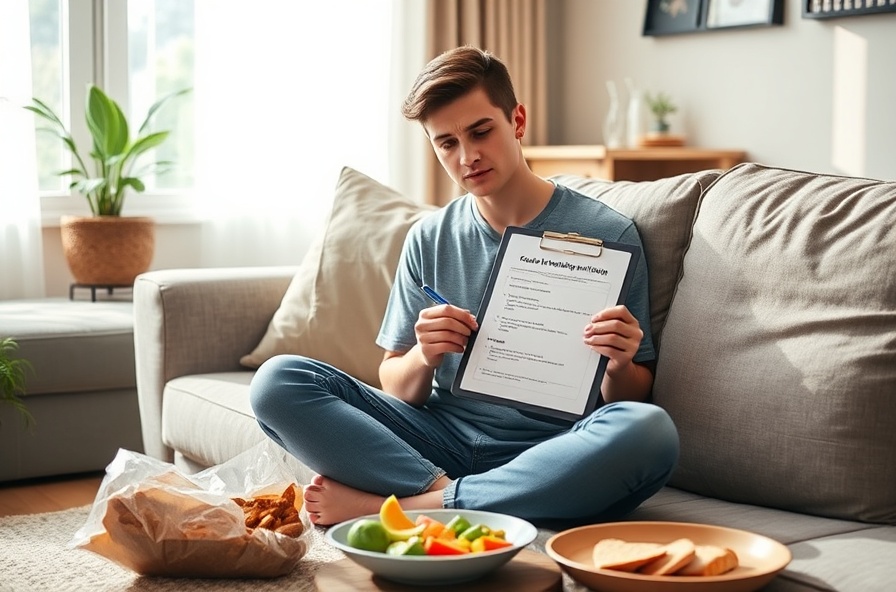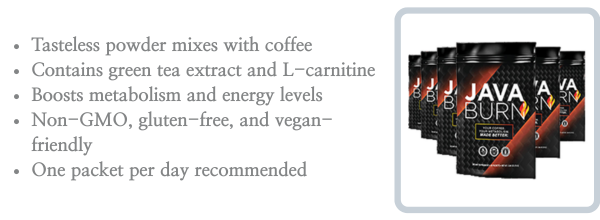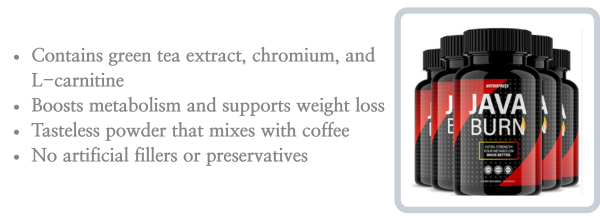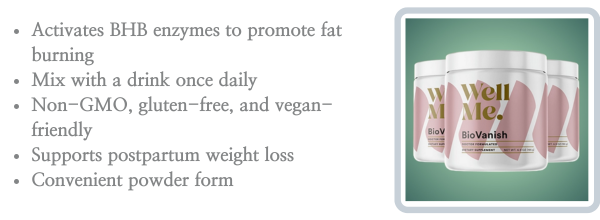
Ever catch yourself staring at your reflection, frustrated by the same old thoughts about dieting and body image? You’re not alone—so many of us are tangled up in this mess, and it’s never as simple as just eating less or moving more. This article digs into why these struggles don’t just evaporate with a new diet, and why it is sometimes helpful to pick up self-assessment checklists to figure out what’s tick-tocking under the surface. Instead of shaming yourself for “failing,” maybe it’s time to get honest, a little curious, and try a more compassionate, self-aware path toward feeling better—one that ditches crash diets for good. Let’s be real—worries over food, our bodies, and what the world thinks of how we look are pretty much everywhere in America. So what’s actually going on, and why can’t we just “fix” it with a new meal plan? Here, I’m taking a closer look at tools that help you check in with yourself, the truth behind why diets rarely work, and some surprisingly doable ways to start shifting your mindset. It’s not about chasing elusive perfection, but carving out something better for your present—and your brain.

Ever catch yourself staring at your reflection, frustrated by the same old thoughts about dieting and body image? You’re not alone—so many of us are tangled up in this mess, and it’s never as simple as just eating less or moving more. This article digs into why these struggles don’t just evaporate with a new diet, and why it is sometimes helpful to pick up self-assessment checklists to figure out what’s tick-tocking under the surface. Instead of shaming yourself for “failing,” maybe it’s time to get honest, a little curious, and try a more compassionate, self-aware path toward feeling better—one that ditches crash diets for good.
Let’s be real—worries over food, our bodies, and what the world thinks of how we look are pretty much everywhere in America. So what’s actually going on, and why can’t we just “fix” it with a new meal plan? Here, I’m taking a closer look at tools that help you check in with yourself, the truth behind why diets rarely work, and some surprisingly doable ways to start shifting your mindset. It’s not about chasing elusive perfection, but carving out something better for your present—and your brain.
Maybe you know the drill: standing in front of the mirror, mentally nitpicking every curve, tugging at your jeans, promising yourself that this week will be different. Or maybe you’re the type who starts a diet on a Monday but by Thursday, the wheels have come off—again. Honestly, it’s a conversation nobody really wants to have, but most of us could use. Here’s the thing: self-assessment checklists have a sneaky way of cutting through your own noise. They’re more than a set of questions. They prod you—sometimes uncomfortably—to really notice your patterns around eating, movement, and the often brutal story you keep repeating in your own head. I remember my own surprise when I realized how many social invites I dodged, just because I was afraid of “messing up” my eating plan.
If you ever pause and wonder, “Maybe my relationship with food feels…off?” these checklists are a gentle kick in the pants. They help pinpoint whether guilt has started squeezing in after meals, if your thoughts about weight have started to run the show, or if your rules about food have gotten so tangled that you barely remember what hungry feels like. Sometimes, just acknowledging the weirdness is a relief.
Still, filling out a checklist isn’t some instant fix. You can check every box, but if you shove the paper in a drawer and forget about it, nothing really shifts. What’s interesting—and, honestly, kind of freeing—is research from places like Ohio State, pointing out that diets don’t fail because we’re just lazy or weak-willed. The real problem is most diets ignore the layers underneath—those deep-rooted ties between feelings, food, and self-worth. That’s where real change sparks: when you slow down and gently tug at those threads, instead of blasting through with another round of self-criticism.
There’s good news, though. These checklists can get you to stop, think, and maybe even say, “Wait…why am I doing this?”—sometimes for the first time ever. They encourage you to notice your patterns. But let’s be honest, the flip side is tough: seeing difficult truths without a plan can make the weight of it all feel even heavier. Been there, for sure.
For example, I watched a close friend go through a food and mood tracker, and—no joke—she was stunned. Stress had become her autopilot, especially when it came to snacking. Once she started pausing and asking, “Do I actually want this, or am I just burnt out?” things started to slowly shift. It wasn’t a perfect journey, but it was a real one.
And according to WebMD, even something as simple as writing down your reasons for making a change and keeping it somewhere you’ll see every day can jolt you out of the old “I’m just not disciplined enough” mindset. Suddenly, you have an actual purpose—one that isn’t just about ticking off boxes or torturing yourself over a slip.
But if you take away just one thing, let it be this: self-recognition is huge, but kindness as you move forward is bigger still. The old patterns took time to build, and they’ll take time to unspool. It’s a mess and a half, sure, but you don’t have to muscle through it alone.
Spotting these patterns? That’s a starting line, not the finish. Give yourself a little grace as you figure out what comes next—this stuff is layered, sticky, and deeply personal, often built up over a lifetime. Patience and kindness aren’t optional here; they’re the only way through.

Spotting these patterns? That’s a starting line, not the finish. Give yourself a little grace as you figure out what comes next—this stuff is layered, sticky, and deeply personal, often built up over a lifetime. Patience and kindness aren’t optional here; they’re the only way through.
sources
-
Check In With Yourself: Signs Your Mindset Around Food and Body Could Use Some Love
-
WebMD’s Not-So-Obvious Weight Loss Motivators
-
Why Traditional Dieting Almost Never Works Long-Term
Today’s related searches: how to use food issues checklist, mindful eating self assessment steps, overcoming emotional eating habits, practical ways to stop food guilt, building healthy relationship with food
Each offers exceptional value and is designed to support your health in meaningful ways


